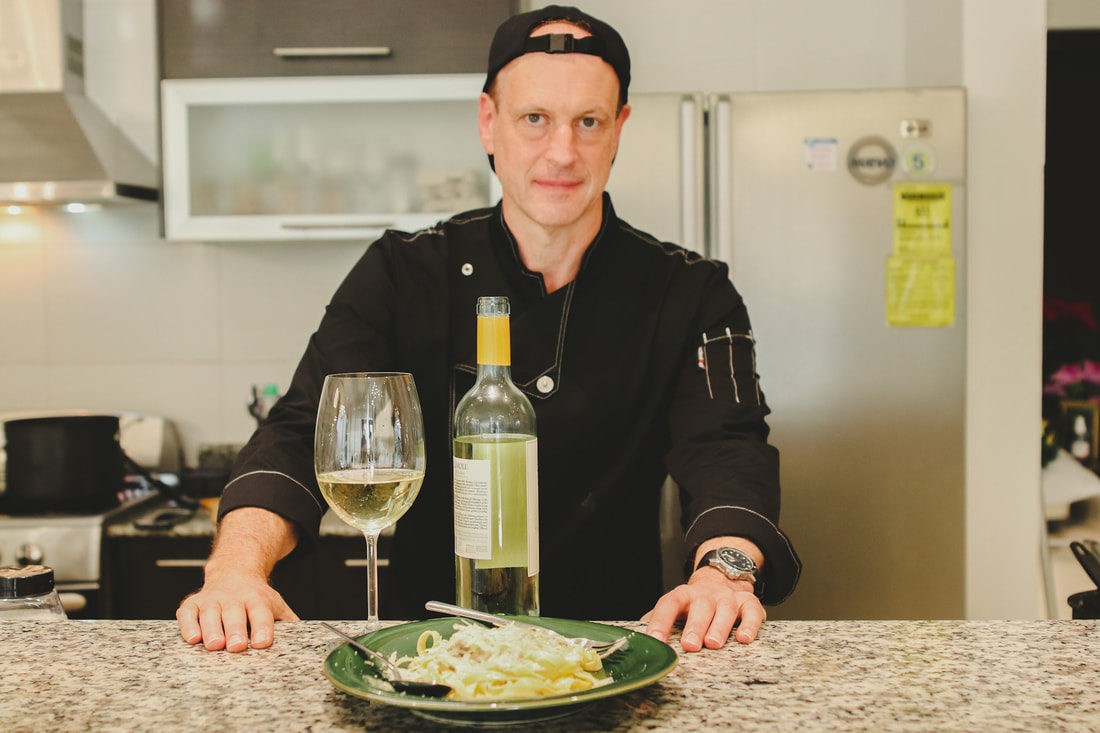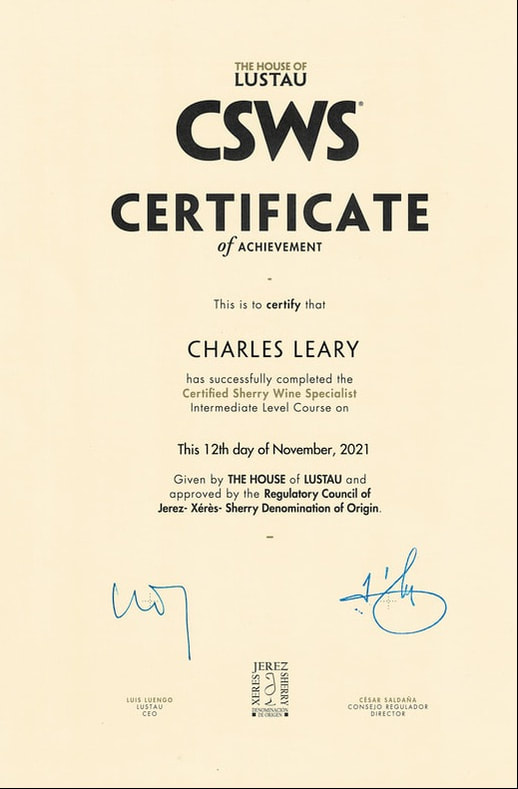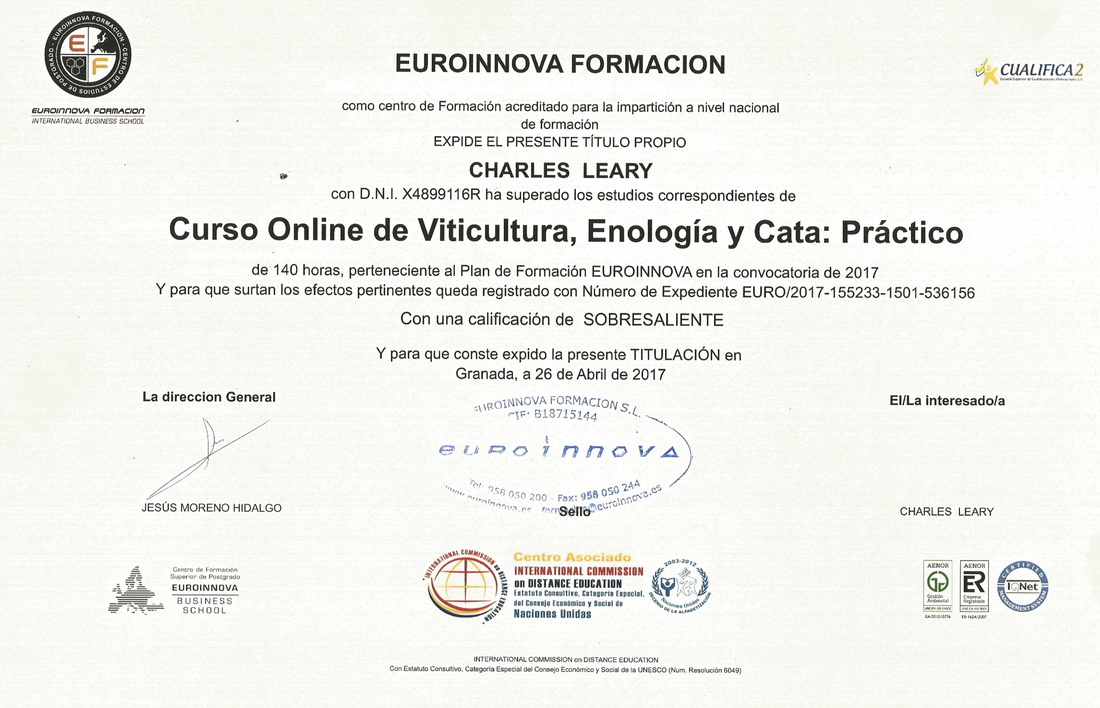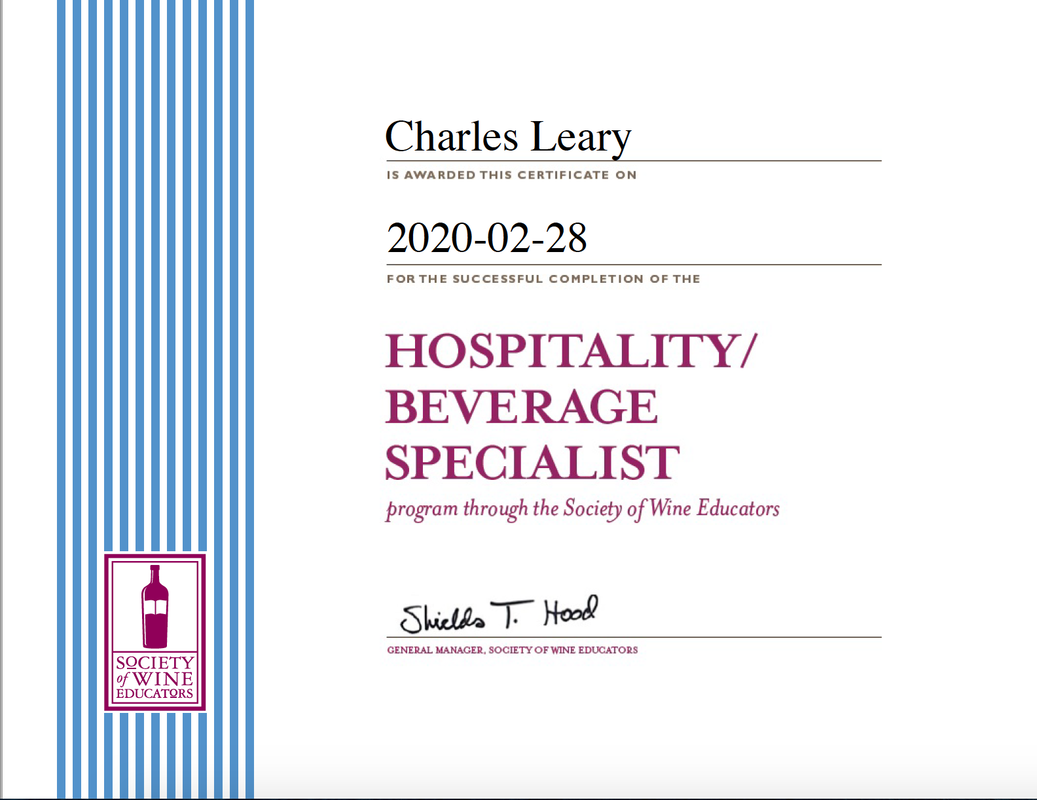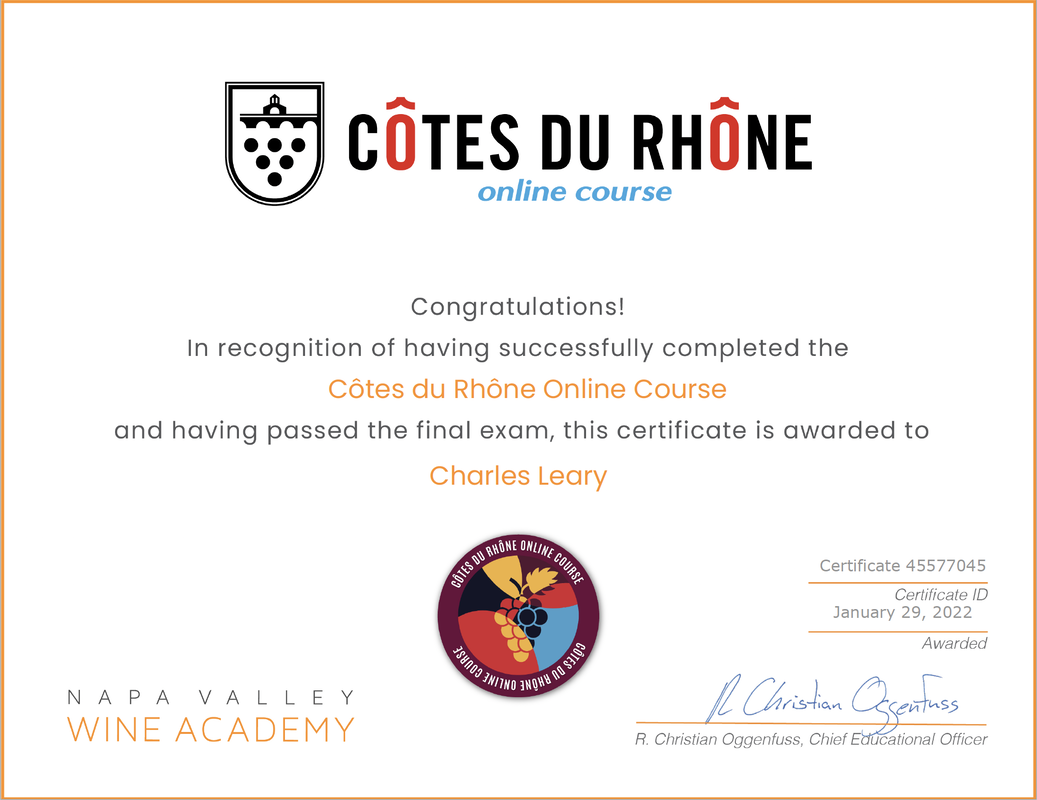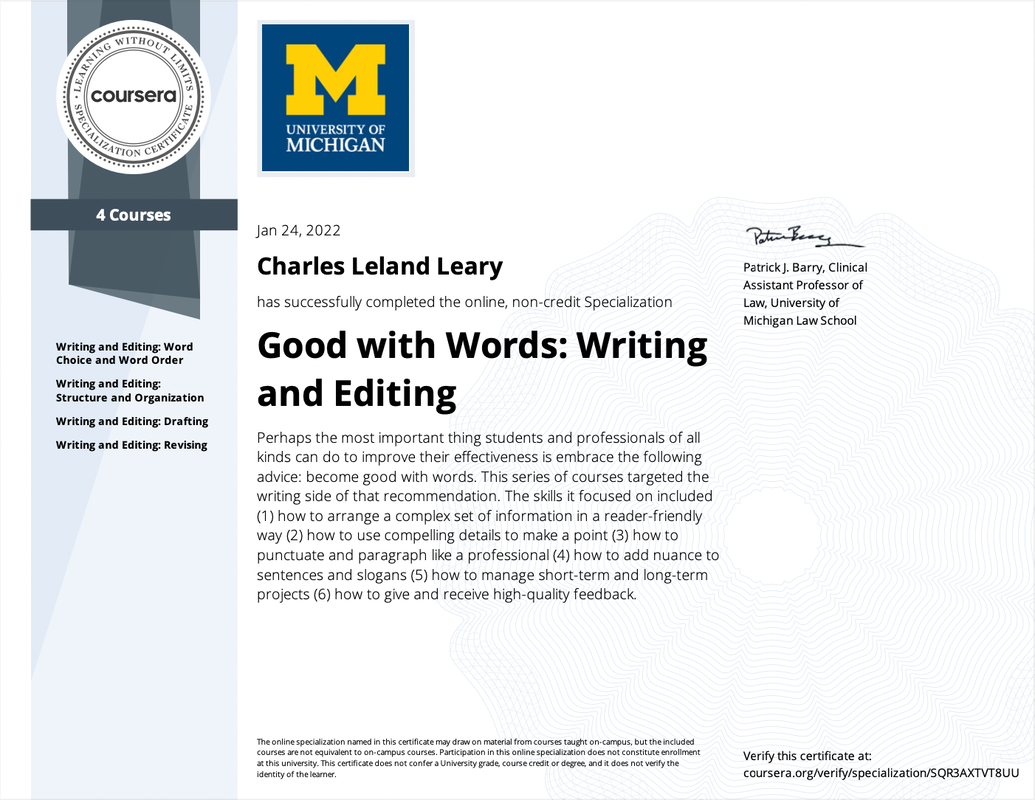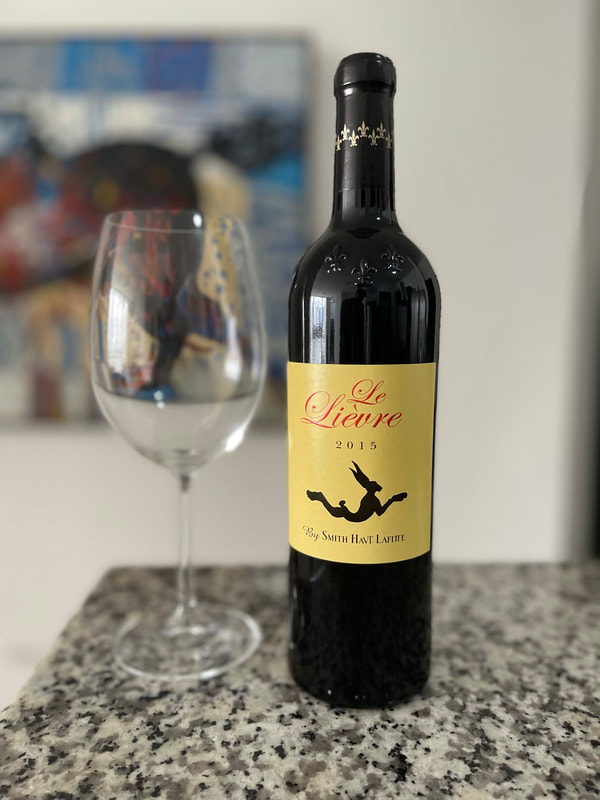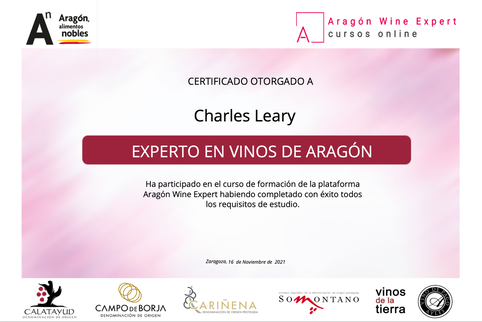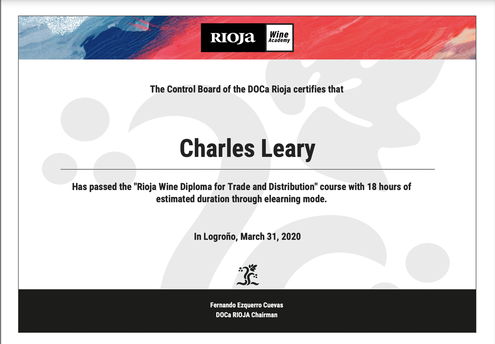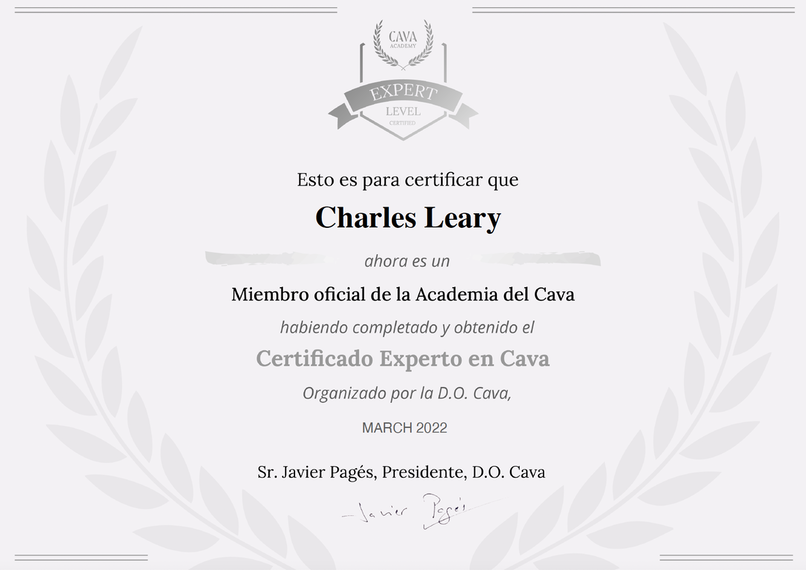Wine Writing & Content Creation/SEO | Wine Education Consultant | Historian of Wine
|
Charlie Leary offers expertise in two broad areas related to wine and the wine industry:
|
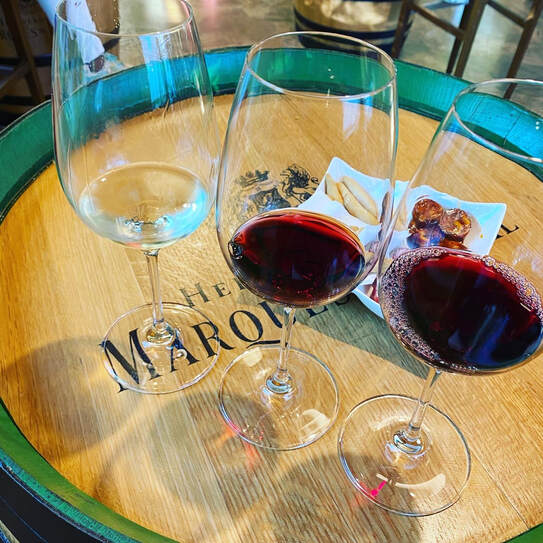
Currently a wine education and marketing consultant for a disruptive tech startup that uses virtual reality and artificial intelligence, Charlie also directed numerous successful wine programs and trained sommelier students. He is available to consult on wine investments, wine studies projects, as well as marketing and wine SEO.
A published author, Charlie penned a cookbook on Creole cuisine for Random House in 2004. His comprehensive guide to worldwide wine education programs was published in 2022. He developed a wine and food column for the Halifax Chronicle-Herald newspaper in 2017, and currently writes dozens of articles and wine content for an award-winning U.S. wine retailer as well as Beverage Trade Network publications such as Sommelier Business. He has studied search engine optimization (SEO), with a focus on wine SEO, at the University of California, Davis. Charlie has performed SEO on various hospitality-, food-, and wine-related websites since the early 2000s. To further hone his wine writing skills, Charlie completed a 4-course Specialization in writing and editing from the University of Michigan. He serves as a freelance editor with the Center for Excellence in Business & Finance at Editage/Cactus Communications, having earned Expert Editor status. Charlie is a wine market expert, researcher, educator, and consultant. |
Wine Writing & ContentCharlie writes on wine and also provides wine content for various businesses worldwide, advising on search engine optimization (SEO). He is an expert on contemporary wine education.
|
Wine Training & EducationCharlie provide restaurant and retail staff training in wine, wine sales, and wine service in Panama. He has 30 years of experience running restaurant wine programs.
|
Wine Product PhotographyWorking with David Hernandez in Panama City, Charlie provides wine product photography services, both on-site and in-studio.
|
